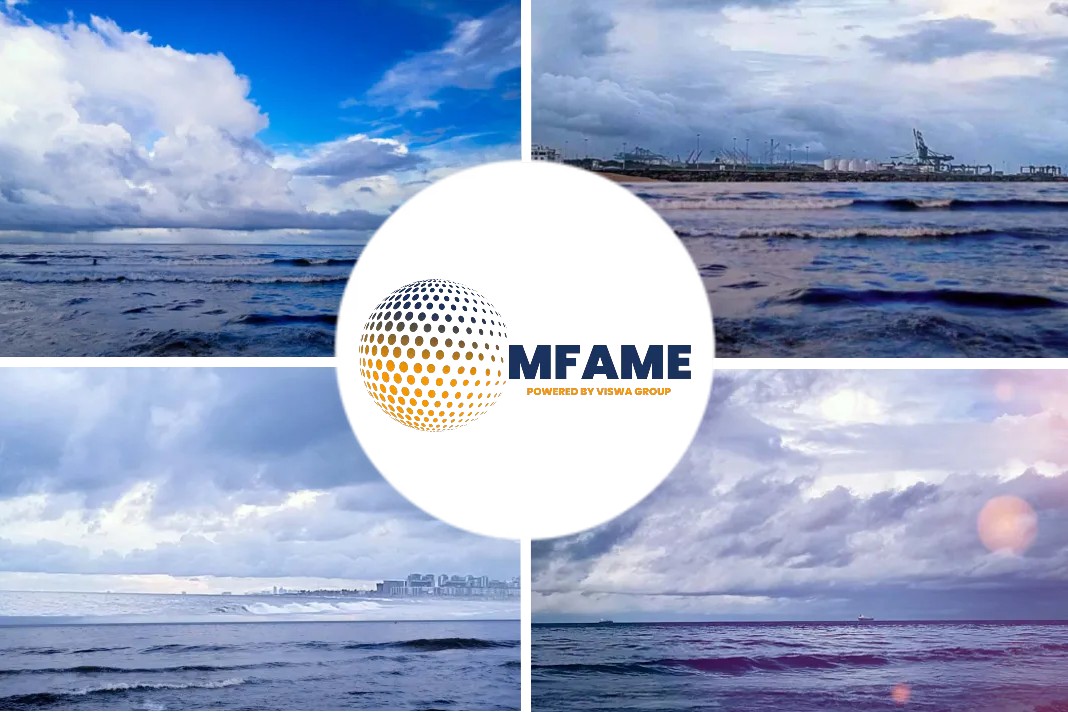
A British developed AI solution to improve the speed and ease of seabed mapping has been shortlisted for a national excellence award.
The AI system was integrated in GeoAccoustics flagship seabed mapping product GeoSwath 4 and provided to customers as a free update
The real-time AI seabed mapping solution was developed by GeoAcoustics Ltd in partnership with the University of East Anglia’s School of Computing Science.
“Designing an AI system that can process and quality control sonar data was a challenging process over the course of two and a half years,” said Dr Danny Websdale, an AI/ML Research Scientist at GeoAcoustics Ltd.
“Together with the project team we were able to meet the intended goals and even exceed them by developing a system that provides real-time data on board a survey vessel, which is a unique capability that improves data quality while saving GeoAcoustics’ customers time and money.”
Real-time data
Seabed mapping is used to produce a bathymetric profile of a given area of seabed using sonar technology.
But because sonar works by sending sound pulses into the water and measuring the echoes reflected from the seabed, many unwanted data points are also generated and these need to be filtered out after the survey to produce a true representation of the seabed profile. This can be resource-intensive, expensive and time-consuming.
GeoAcoustics Ltd, based in Great Yarmouth and a manufacturer of high-quality sonar equipment for seabed mapping, approached UEA’s School of Computing Sciences to do a feasibility study to see if AI technology could automatically remove unwanted noise from sonar data.
This was carried out by two MSc Computing Science students, supervised by Dr Wenjia Wang and Dr Ben Milner and a team from GeoAcoustics.
Following encouraging results, further research and development grants were awarded; an Enabling Innovation: Research to Application (EIRA) award, and an Innovate UK Knowledge Transfer Partnership (KTP). These enabled an AI module to be developed which was then evaluated using various benchmark data sets and sea trials.
This established that the AI was able to produce accurate and consistent results comparable to that of an experienced surveyor, without needing any human intervention and operating at a fraction of the time.
The AI system was integrated into GeoAccoustics flagship seabed mapping product GeoSwath 4 and provided to customers as a free update. The project, which has been graded ‘Outstanding’ by Innovate UK, has been named as one of three finalists in the Technical Excellence category at the national Knowledge Transfer Partnership Awards, with winners being announced on 18 October.
Did you subscribe to our daily newsletter?
It’s Free! Click here to Subscribe!
Source: Maritime Journal

















